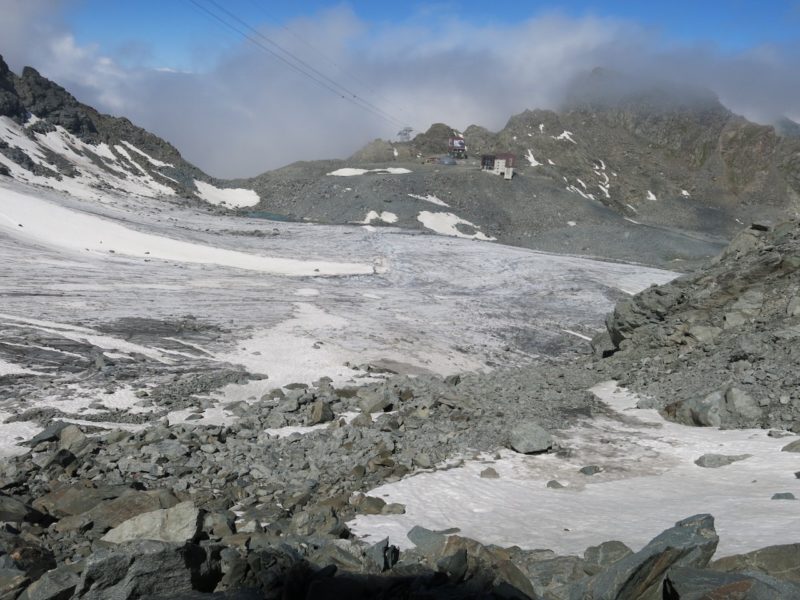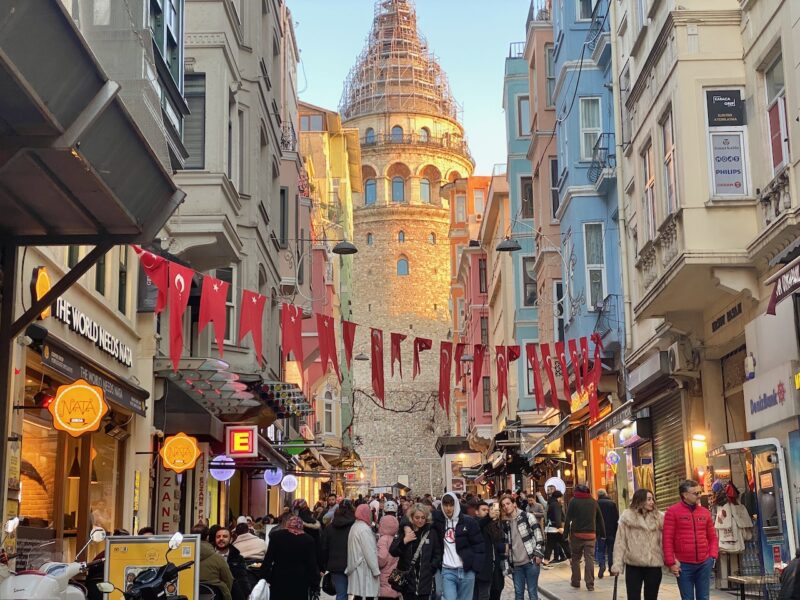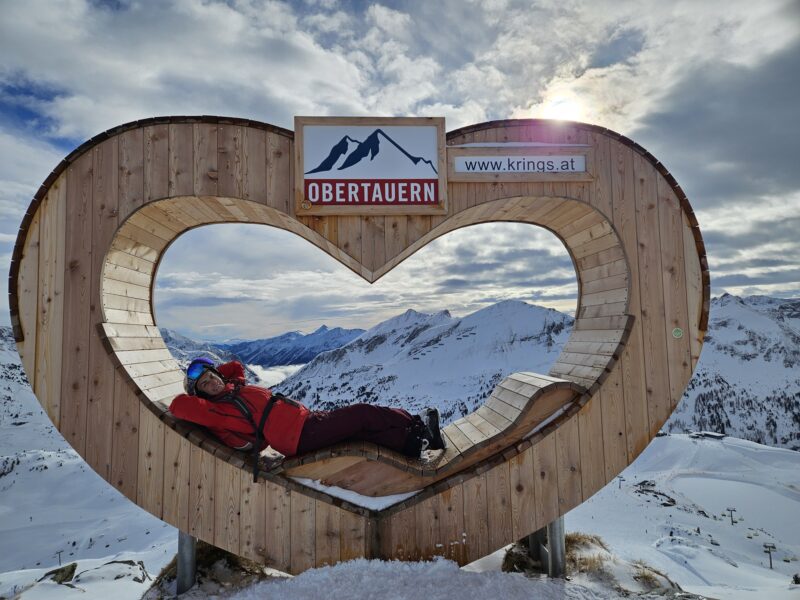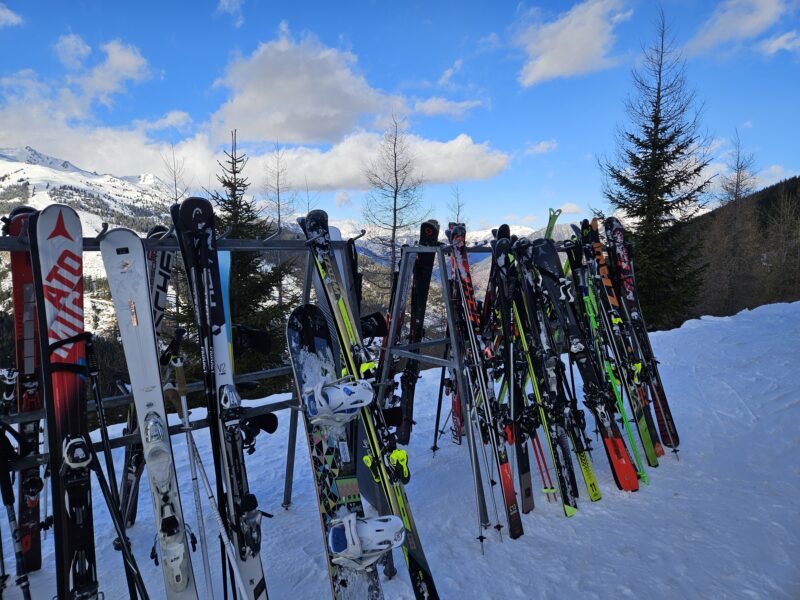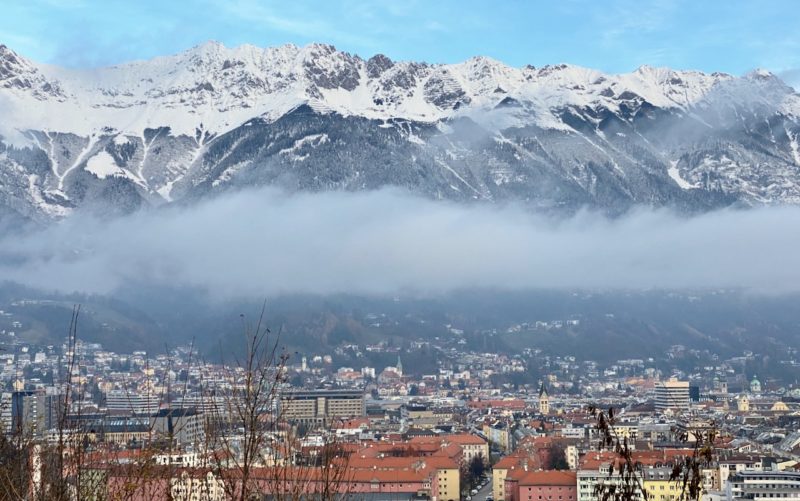Will We Be Able to Go to the Mountains in Europe This Summer?
5th April 2021
Last modified on May 12th, 2021
Boris Johnson has unveiled a ‘traffic light’ system which could determine if, and where, we can go on holiday to the mountains this summer. Details though are in short supply & travel to the main mountain nations in Europe seems some way off.
Countries will be designated red, amber or green, according to their Covid-19 situation.
Travel to countries designated green would be permitted with no restrictions on return to the UK.
Going to amber countries would likely mean people having to quarantine at home while red countries would need a mandatory 10-day quarantine at a hotel.
Green: No isolation needed on return to the UK – although pre-departure and post-arrival tests required.
Amber: Details yet to be given, although there is speculation it would require a 10-day quarantine at home on return to the UK, with the possibility of an early release with a negative test.
Red: There is a already a list of countries where any British national or resident visiting and then returning to the UK must pay for a 10-day quarantine in a hotel. Non-British nationals/residents are refused entry into the UK if they have passed through these countries.
The government is saying only that green countries will be lower risk based on:
- Vaccinations
- Infection rates
- How common Covid variants of concern are
- Genomic sequencing capacity
It is not saying what the thresholds are for when countries are first categorised, or how they will move between the categories.
An indication of how things might work comes from Australia and New Zealand as a reciprocal travel corridor is announced, as we have reported on Tuesday:
The UK Prime Minister, Boris Johnson, gave a briefing on Monday, along with the Chief Scientific Adviser, Sir Patrick Vallance and England’s Chief Medical Officer, Professor Chris Whitty.
The key question is which countries will be in which category – no details were given on that.
The PM said “all countries” were looking at vaccination status for international travel, adding: “I do think that’s going to be part of the way people deal with it and we need to think about that.”
He said the UK is “hopeful” international travel can resume from 17 May, but there are difficulties around “importing” virus variants.
Foreign holidays are currently banned in the UK.
People in England can be fined £5,000 if they attempt to travel abroad without a good reason.
The earliest we will be able to leave the country is 17th May, but that date could slide.
The British Travel Association said the announcement from the government was “beyond disappointing”.
It called for “a clear pathway to international travel and trade”.
Its chief executive, Clive Wratten, said moves to open borders had “once again been kicked down the road”.
“The business travel industry continues to be crippled by today’s lack of movement,” he added.
The chief executive of the Association of British Travels Agents, ABTA, Mark Tanzer, welcomed the traffic light system, but said that “We need to see the details in the Global Travel Taskforce report before this can be assessed fully.”
“It is vital that the government clarifies how the transition between green, amber and red levels will work, both to help travel businesses plan ahead and to provide reassurance for travellers,” he added.
“Destinations should not be suddenly closed off unless variants of concern dictate that this must happen.”
Will be able to visit Europe’s alpine regions, maybe even hit the glacier resorts for a much-needed summer snow fix?
The situation is not looking good with Europe in the grip of a third wave of the pandemic and the vaccination roll-out much slower than in the UK.
Ahead of the announcement the boss of holiday giant TUI welcomed the introduction of a traffic light system for foreign travel.
TUI owns the UK’s largest ski travel operator, Crystal Ski Holidays.
Andrew Flintham told BBC Breakfast: “We are all trying to reopen the UK, the economy, and travel is an intrinsic part of that.
“So we are looking for some really clear guidelines so we welcome the traffic light system. We think it will give us some clear rules to work with and also it will make it obvious what data is driving what decisions.”
Mr Flintham said the company was gearing up to restart and added: “All our teams are getting ready for restart, we believe and we hope the 17th [of May] will be possible.
“We think with the amazing vaccine programme and the greater provision of testing, we think we should be able to get going.”
Thoughts may also be turning to winter.

Remember the feeling
The Health Mnister, Edward Argar, told the BBC the government is acting very cautiously.
He was asked on BBC Breakfast if Europe was likely to be on the “caution list” due to a surge in cases.
He replied that the government did not want to see new variants come into the country when the vaccination programme was working so well.
He suggested the system where travellers pay for their own PCR coronavirus tests was likely to continue.
More news is expected after the government’s Global Travel Task Force reports a week today on 12th April.
The Downing Street briefing also covered several planned changes to the lockdown rules in England from 12th April, including the opening on non-essential retail and the possible use of Covid certificates to attend some events.
Widespread foreign travel, including the main mountain countries in Europe, seems some way off.

Innsbruck airport. Image © PlanetSKI
The key thing is the number of cases of Covid-19.
Here is the current situation in the mountain nations of Europe with numbers from just over 2-weeks ago (19th March) in brackets.
It shows the number of cases per 100,000 of population over a 7-day period.
Andorra – 513 (243)
Poland – 470 (352)
France – 415 (273)
Slovenia – 356 (248)
Czech Republic – 346 (708)
Bulgaria – 346 (296)
Sweden – 320 (291)
Italy – 222 (263)
Austria – 215 (216)
Slovakia – 133 (235)
Germany – 131 (95)
Norway – 103 (112)
Switzerland – 99 (107)
Spain – 86 (58)
Finland – 59 (86)
UK – 36 (59)
Iceland – 11 (55)

